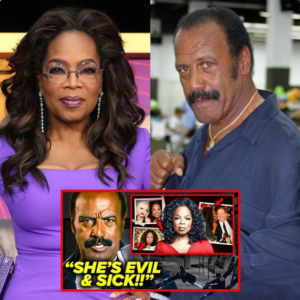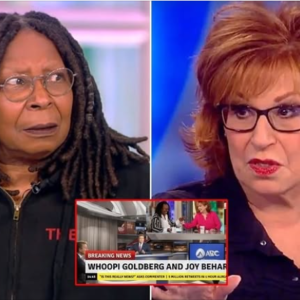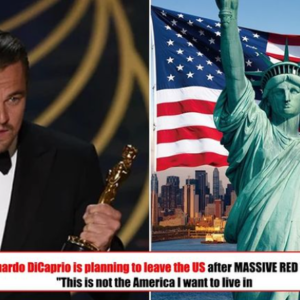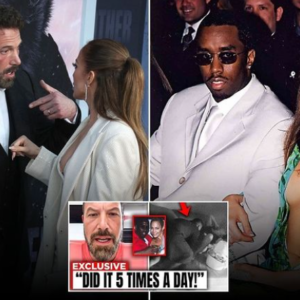Gene Deal’s Explosive Claims About Diddy and Jay-Z: Unveiling Alleged Truths
Gene Deal, a former insider, has recently ignited a firestorm with shocking revelations about the dynamics between hip-hop moguls Jay-Z and Diddy, shedding light on alleged behind-the-scenes manipulations and betrayals that have long been whispered about in the industry.
In a no-holds-barred interview, Deal suggested that Jay-Z may be complicit in shielding Diddy from public scrutiny, despite mounting controversies surrounding the latter. He hinted at a complex web of alliances and rivalries that have defined their careers, suggesting that Jay-Z’s silence on Diddy’s controversies could be strategic, hinting at deeper entanglements.

Central to Deal’s claims is the assertion that Diddy held significant leverage over Jay-Z, possibly through undisclosed agreements or shared interests that bind them together despite their public personas. This revelation has sparked speculation about the extent of their relationship beyond the surface of their respective empires.
Moreover, Deal delved into the intricate history between Diddy and the late rap legend Notorious B.I.G., painting a picture of a relationship marred by opportunism and mistrust. He alleged that Diddy’s portrayal of a close friendship with Biggie was largely fabricated for the public eye, asserting that behind the scenes, their relationship was purely transactional. According to Deal, Biggie had plans to leave Diddy’s label, Bad Boy Records, before his untimely death, citing dissatisfaction with contractual terms and financial arrangements.
The allegations don’t stop there. Deal accused Diddy of exploiting Biggie’s talent and legacy for personal gain, claiming that Diddy’s control over Biggie’s music publishing rights has been a contentious issue for years. He suggested that Diddy’s handling of Biggie’s estate and legacy after his death was not only self-serving but also disrespectful to the late rapper’s artistic vision and intentions.

Furthermore, Deal didn’t shy away from critiquing the broader practices within Bad Boy Records under Diddy’s leadership. He alleged that artists signed to the label often faced exploitative contracts and unfair financial arrangements, echoing sentiments previously voiced by other industry insiders and former associates.
In addition to his criticisms of Diddy, Deal also implicated Jay-Z in a pattern of behavior aimed at undermining artists’ rights and leveraging industry connections to stifle competition. He suggested that Jay-Z’s rise to prominence in the music industry was not without its controversies, pointing to instances where Jay-Z allegedly used his influence to hinder the careers of others, including Deal himself.
The implications of Deal’s revelations extend beyond mere gossip, highlighting systemic issues within the music industry regarding artist rights, financial transparency, and ethical practices. His account serves as a cautionary tale about the pitfalls of unchecked power and influence in the pursuit of success.
As the story continues to unfold, with reactions pouring in from fans and industry insiders alike, one thing remains clear: Gene Deal’s revelations have sparked a renewed conversation about the ethical responsibilities of music industry leaders and the need for greater transparency in artist-label relationships.
In conclusion, Gene Deal’s explosive claims have not only rocked the hip-hop world but also raised important questions about accountability and integrity in the pursuit of musical success. Whether these allegations will lead to tangible changes in the industry remains to be seen, but one thing is certain: the reverberations of Deal’s words will continue to be felt for a long time to come.





